Legal Frameworks for eHealth: Based on the Findings of the Second Global Survey on eHealth
- Details
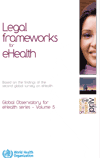
Given that privacy of the doctor-patient relationship is at the heart of good health care, and that the electronic health record (EHR) is at the heart of good eHealth practice, the question arises: Is privacy legislation at the heart of the EHR? The second global survey on eHealth conducted by the Global Observatory for eHealth (GOe) set out to answer that question by investigating the extent to which the legal frameworks in the Member States of the World Health Organization (WHO) address the need to protect patient privacy in EHRs as health care systems move towards leveraging the power of EHRs to deliver safer, more efficient, and more accessible health care.
WHO Compendium 2011 of New and Emerging Health Technologies
- Details
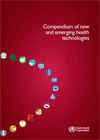
Virtual Physiological Human Projects Portfolio 2011
- Details
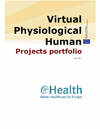
InterComponentWare AG - eHealth Solutions with Potential
- Details
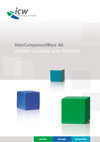
Methodologies for Assessing Telemedicine: A Systematic Review of Reviews
- Details
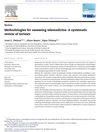
Safety and Security on the Internet: Challenges and Advances in Member States
- Details
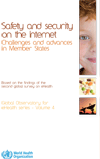
The Internet has moved beyond an educational and research tool that served as a social network for a few elite scientists and has been transformed into a commerce and health care juggernaut accessible to much of the planet. However, the accessibility of this resource has not been unencumbered by complication and challenge. Internet pharmacies demonstrated potential early on as a hub within a wider set of eHealth services, but has since been mired in doubts regarding transparency, fraud, product quality, and even its viability as an ethical business model.
Report on the Public Consultation on eHealth Action Plan 2012-2020
- Details
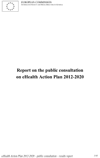
More Digital Health News ...
- Catalogue of Projects: Ambient Assisted Living
- Achieving Clinical and Operational Excellence: How to Establish Healthcare Service Line Costs
- Telemedicine: An Essential Technology for Performed Healthcare
- The Future of Connected Health Devices
- mHealth: New Horizons for Health through Mobile Technologies
- eHealth Benchmarking III Final Report
- Answering the Health ICT Challenge: An Optimized Infrastructure